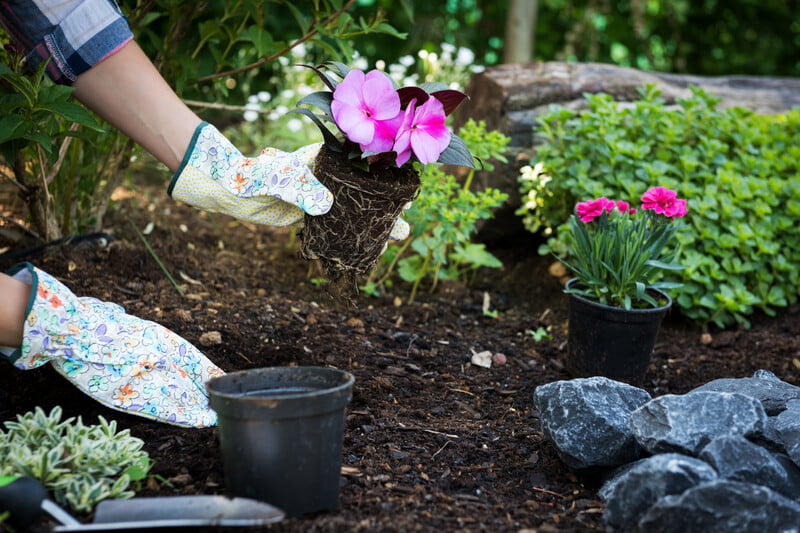Gardening can be a rewarding and therapeutic activity for many, but it also comes with its fair share of challenges. Among these challenges are various threats that can harm your garden, affecting the health and well-being of your plants. Understanding these threats is crucial for gardeners, as it allows them to take preventive measures and maintain a flourishing garden.
Disease
Disease is a significant threat to any garden, as it can quickly spread and devastate plants. Fungal, bacterial, and viral diseases are the most common culprits affecting gardens. Symptoms of diseases can range from yellowing leaves and stunted growth to wilting and rotting. To prevent disease, start by selecting healthy plants and avoid overcrowding, which can create a breeding ground for pathogens. Proper watering is also crucial, as overwatering can lead to root rot and other fungal diseases. Practice good sanitation by regularly removing dead leaves, branches, and debris to eliminate hiding places for disease-causing organisms. If you do encounter a disease outbreak, promptly remove and dispose of infected plants to prevent further spread.
Parasites
Parasites can cause severe damage to a garden, as they feed on plants, resulting in stunted growth, wilting, and even death. Some common garden parasites include aphids, spider mites, and whiteflies. One particular parasite that is commonly found in gardens is nematodes. These microscopic worms attack plant roots, leading to the formation of galls or knots and reduced nutrient uptake. Regularly inspect your plants for any signs of infestation. Introduce beneficial insects, such as ladybugs and lacewings, which can help control pest populations. Applying insecticidal soap or neem oil can also be effective against certain parasites. For nematodes, crop rotation and the use of organic matter, such as compost, can help suppress their populations and minimize damage.
Weeds
Weeds pose a threat to gardens by competing with plants for essential resources like water, nutrients, and sunlight. Left unchecked, weeds can quickly overtake a garden, making it difficult for desired plants to thrive. You should practice regular weeding by hand or with the help of a hoe or cultivator. Mulching is another effective weed management strategy, as it suppresses weed growth while also helping to conserve soil moisture and regulate soil temperature. Choose organic mulches like wood chips, straw, or grass clippings, or use landscape fabric for more effective weed control. Employing pre-emergent herbicides can also help prevent weed seeds from germinating, but use these chemicals with caution and follow the label instructions.
Gardens are vulnerable to a variety of threats, including disease, parasites, and weeds. To ensure a thriving garden, gardeners must remain vigilant and proactive in addressing these challenges. By understanding the risks and employing effective prevention and management strategies, you can enjoy a healthy and productive garden all season long.
Also check out this article: Problems That Can Increase Fixer-Upper Costs







